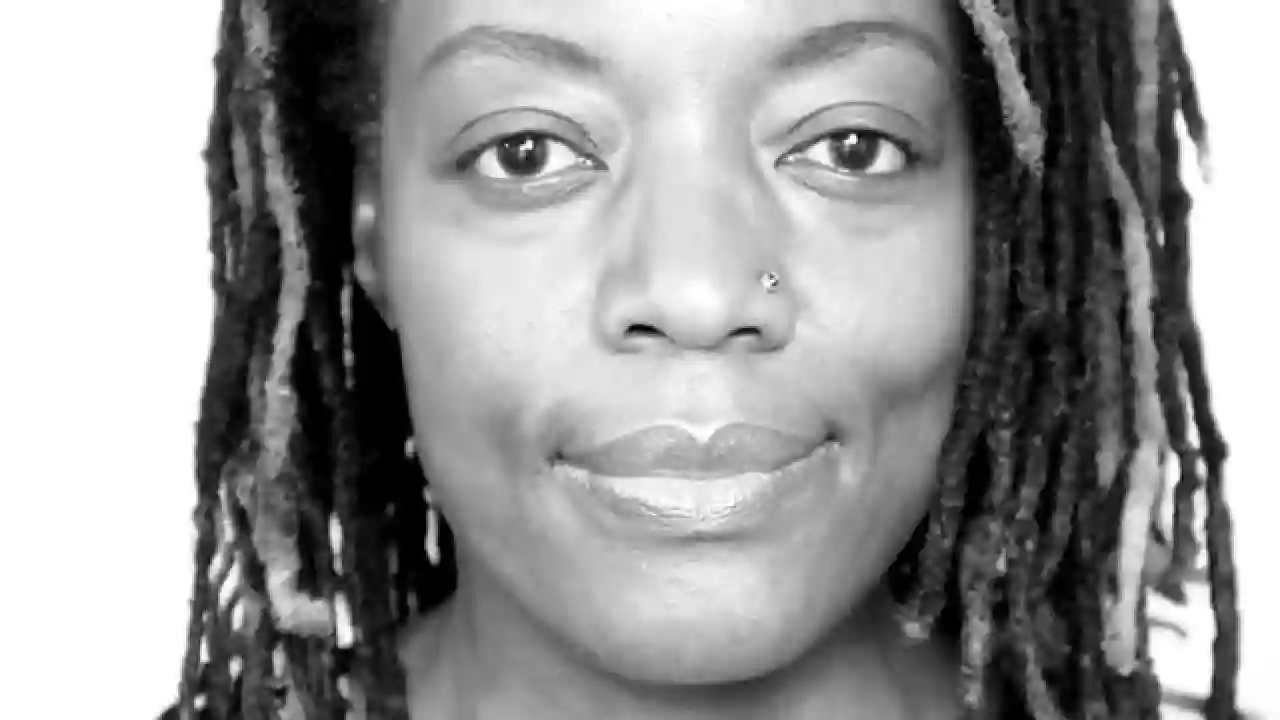Author and filmmaker Tsitsi Dangarembga’s novel Nervous Conditions has been named in BBC Culture’s “The 100 Stories that shaped the world.” Nervous Conditions is ranked 66th on the list which was compiled by writers across the globe. According to BBC Culture,
BBC Culture’s Stories that Shaped the World series looks at epic poems, plays and novels from around the globe that have influenced history and changed mindsets. The poll of writers and critics, 100 Stories that Shaped the World, will be discussed at the Hay Festival in May and later broadcast on BBC World News.
It’s not a definitive list. This is just a starting point, aiming to spark a conversation about why some stories endure; how they continue to resonate centuries and millennia after they were created. And why sharing those stories is a fundamental human impulse: one that can overcome division, inspire change, and even spark revolutions.
The list (Top 100) was determined via ranked ballots and first placed into descending order by number of critic votes, then into descending order by total critic points, then alphabetically (for 73 to 100, the titles listed are tied).
The Top Ten is as follows:
1. The Odyssey (Homer, 8th Century BC)
2. Uncle Tom’s Cabin (Harriet Beecher Stowe, 1852)
3. Frankenstein (Mary Shelley, 1818)
4. Nineteen Eighty-Four (George Orwell, 1949)
5. Things Fall Apart (Chinua Achebe, 1958)
6. One Thousand and One Nights (various authors, 8th-18th Centuries)
7. Don Quixote (Miguel de Cervantes, 1605-1615)
8. Hamlet (William Shakespeare, 1603)
9. One Hundred Years of Solitude (Gabriel García Márquez, 1967)
10. The Iliad (Homer, 8th Century BC)
66. Nervous Conditions (Tsitsi Dangarembga, 1988)
More: BBC

